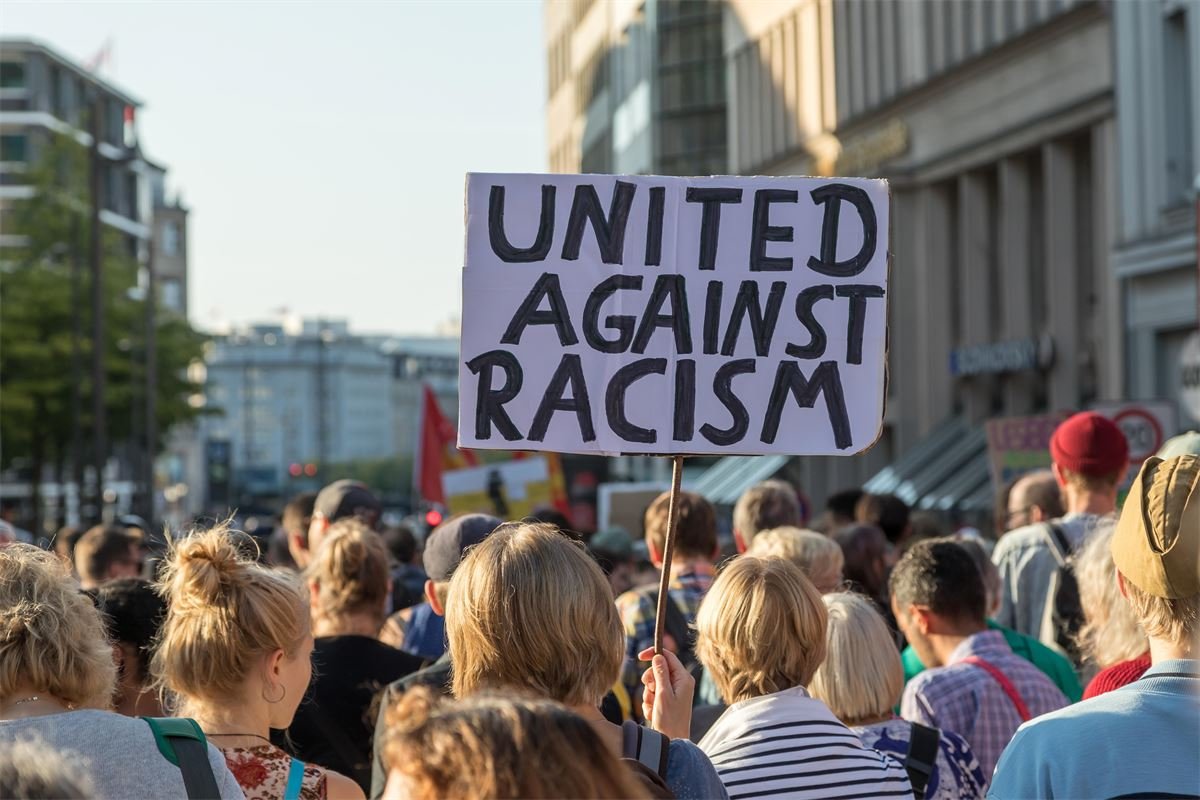Over the years of my tenure at the European Union Agency for Fundamental Rights (FRA), I have been struck by the widespread complacency about pervasive racism in our societies. Racism is insidious and relentless. And, as our latest report shows, it is gaining ground in the EU. At a time when we should be embracing diversity, equality and inclusion, discrimination against people of African descent is on the rise.
To understand the experiences of people of African descent living in Europe today, FRA analysed survey data from 13 EU Member States. Reflecting on the previous survey conducted in 2016, there is a worrying lack of progress in addressing racism. In some areas, the situation has even deteriorated. Almost half of people of African descent face racism and discrimination in their daily lives (45 per cent) – up from 39 per cent in 2016. In some countries – Austria and Germany – it is as high as 70 per cent.
People of African descent routinely confront prejudice and bias when seeking jobs. Around one in three feels discriminated against when looking for a job (34 per cent) and at work (31 per cent). They tend to be on temporary contracts and are often overqualified. Simply finding a home is also a struggle, with nearly one in three (31 per cent) saying they were discriminated against when trying to find housing.
Levels of hate crime and racist harassment are equally disturbing. Almost one in three (30 per cent) is a victim of racial harassment. Worryingly, almost no one reports it. As a result, racially motivated crime remains underreported and invisible, denying victims the support of the institutions meant to protect them.
These findings are a clear wake-up call. But what can Europe do about it? We need to start by recalling the fact that discrimination based on racial and ethnic origin is illegal under EU law. Member States transposed the racial equality directive more than 20 years ago. So, in addition to interrogating whether existing legal protections are necessary but insufficient, we face a clear implementation challenge.
Secondly, we need to acknowledge the existence of structural and systemic racism in our societies. The EU action plan against racism 2020-2025 is a step in the right direction, but efforts need to be sustained past 2025.
Thirdly, equality bodies and national human rights institutions need to have the mandate and resources to respond to racism. Member States must also develop targeted policies and national action plans that address racial discrimination in education, employment, housing and healthcare.
“Member States must prioritise identifying and recording hate crimes”
Moreover, we cannot counter racism effectively unless we have reliable and comparable evidence. FRA, and others in the EU, need to continue collecting data consistently and comprehensively, covering the experiences of all who fall victim to racism.
To counter disturbing levels of harassment and hate crime, Member States must prioritise identifying and recording hate crimes. They must apply the law, making racial motivation an aggravating factor in the determination of penalties and enforcing judgments. States have obligations to promote human rights and thus must invest in making people aware of their rights.
Finally, we must work with, not just for, the affected communities. We must learn from them, listen to them and be led by them. Together, we can build a future in Europe where everyone is “free and equal in dignity and rights” as enshrined in the Universal Declaration of Human Rights.
Source link

Felecia Phillips Ollie DD (h.c.) is the inspiring leader and founder of The Equality Network LLC (TEN). With a background in coaching, travel, and a career in news, Felecia brings a unique perspective to promoting diversity and inclusion. Holding a Bachelor’s Degree in English/Communications, she is passionate about creating a more inclusive future. From graduating from Mississippi Valley State University to leading initiatives like the Washington State Department of Ecology’s Equal Employment Opportunity Program, Felecia is dedicated to making a positive impact. Join her journey on our blog as she shares insights and leads the charge for equity through The Equality Network.




